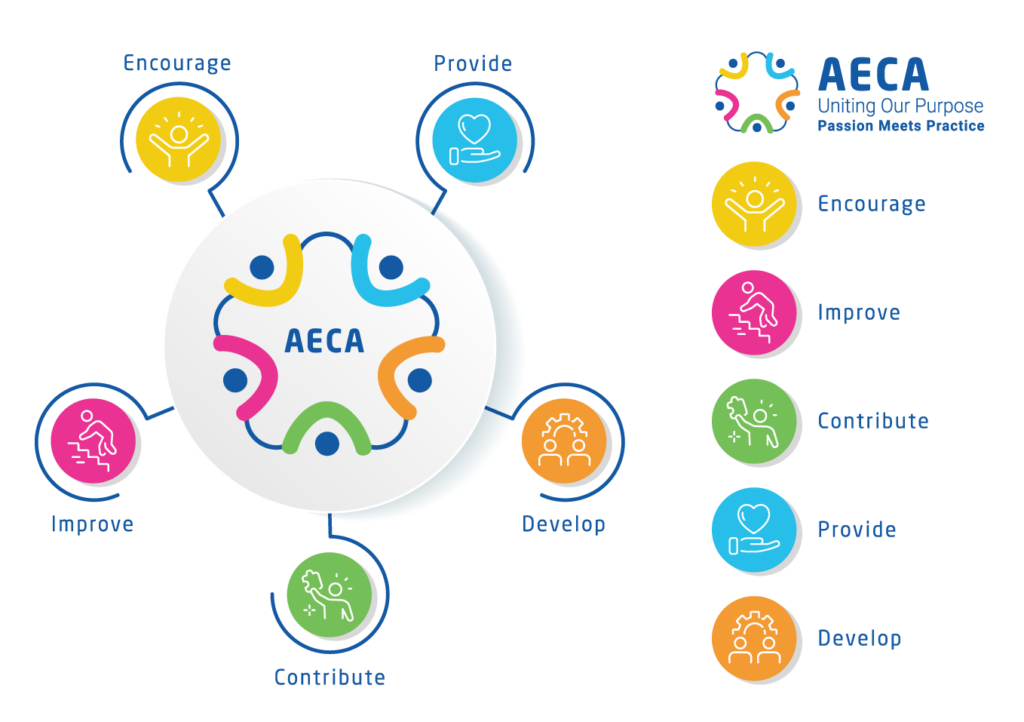
The Architects of Tomorrow: The Vital Role of Women in Early Childhood Education
In the bustling early childhood classrooms and family child care homes across the nation, women educators, who comprise over 97% of the early childhood education workforce, are shaping the cognitive, social, and emotional foundations of our society’s youngest members. Yet their contributions remain chronically undervalued, underpaid, and often invisible in broader discussions about education.
Women have historically dominated early childhood education, creating a field where feminine approaches to nurturing, patience, and emotional intelligence have become embedded in teaching practices. This is not merely coincidental but reflects deep cultural assumptions about caregiving and gender roles that have strengthened and constrained the profession.
The presence of women in these formative classrooms provides children with consistent, nurturing relationships during critical developmental windows. Research consistently demonstrates that secure attachments with caregivers in early years correlate with improved outcomes across virtually all success metrics – from academic achievement to emotional regulation and social skills.
Unfortunately, while research continually acknowledges the economic return on investment in early childhood education, the predominantly female workforce remains among the lowest paid in the education field.
This devaluation reflects our society’s continued failure to properly value care work – work that has traditionally fallen to women. When we underpay early childhood educators, we send a clear message about how we value both women’s labor and children’s development.
To address this problem, first, we must reframe early childhood education as the sophisticated, specialized field it truly is. This means continuing to elevate educational requirements while simultaneously raising compensation to reflect this professionalism through programs like TEACH Early Childhood Arkansas. This also requires each and every one of us to advocate for ourselves, our profession, and what we know is best for young children.
Second, we should encourage greater gender diversity in the field – not to diminish the contributions of women, but to challenge the assumption that caring for young children is inherently “women’s work.” When caring for children becomes valued as human work rather than women’s work, the economic undervaluation may finally begin to shift.
Finally, we must recognize that supporting women in early childhood education is an investment in gender equity across generations. Female educators who are properly compensated and professionally respected serve as powerful role models for the children in their care—both girls and boys who internalize messages about gender, work, and value from their earliest experiences.
The true measure of any society can be found in how it treats those who nurture its future. The predominantly female workforce of early childhood education deserves our deepest respect, substantial investment, and unwavering support. Their expertise shapes not just individual children but the very fabric of our collective tomorrow.
By elevating the status, compensation, and recognition of women in early childhood education, we make a powerful statement about our values as a society—one that honors the profound contributions of those who guide our youngest minds during their most influential years.
The architects of tomorrow are working in our early childhood classrooms and family child care homes today. It’s time we recognized the blueprint they’re creating.
I would love to hear how you plan to advocate and spread the word! Connect with me at president@arkansasearlychildhood.org
Natasha Kile
President of AECA

Recent Comments